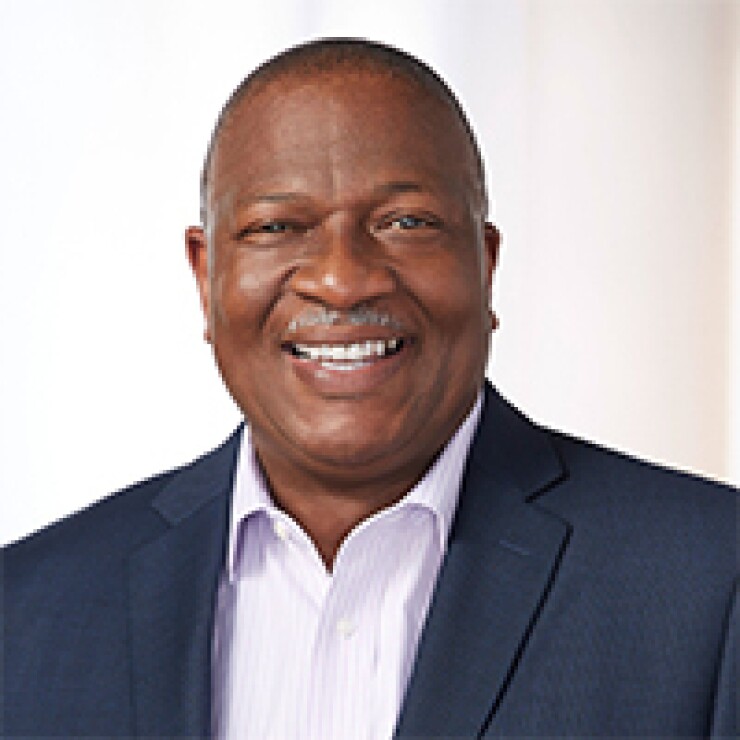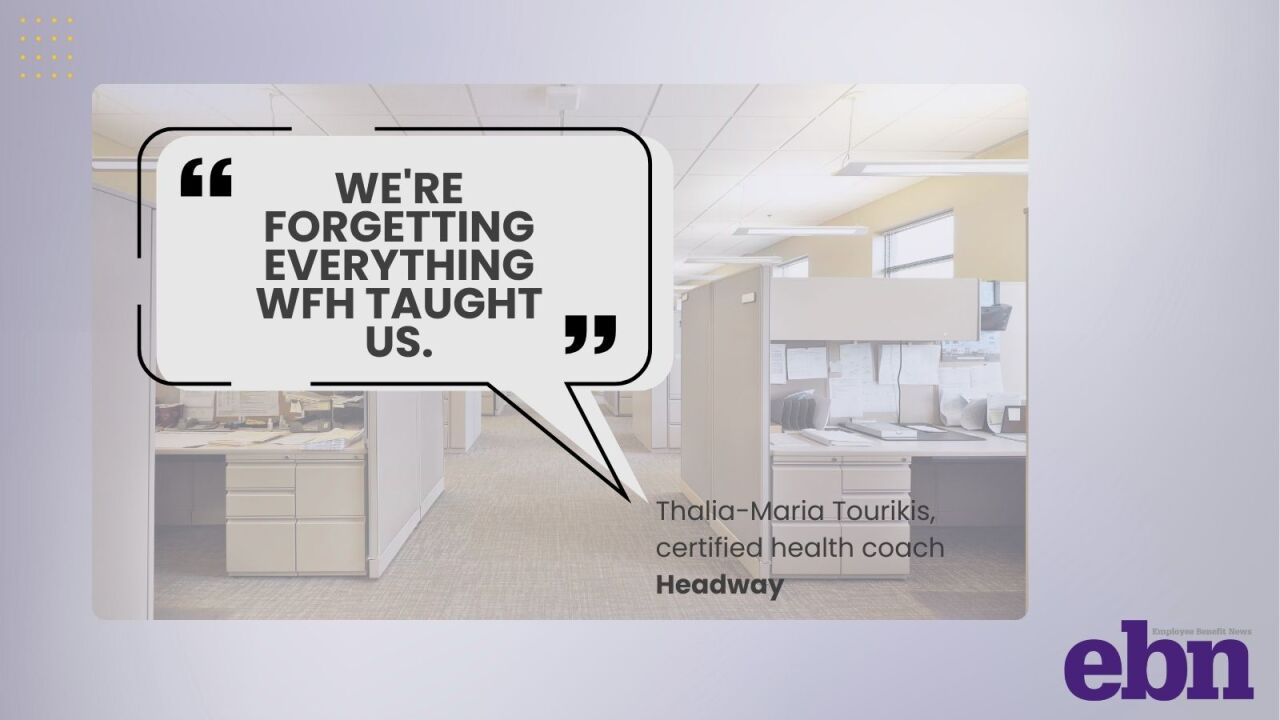When it comes to DEI, where do employers often miss the mark?
It seems that despite a lot of talk surrounding
Among various workforces, essential workers feel they are one of the least heard, with 24% reporting that they feel ignored in their workplace, falling six points above the average. Ninety-one percent of younger workers in their 20s and 30s do not believe everyone at the workplace is heard equally.
The DEI acronym has grown to include the concept of belonging, and it seems employers and leaders have their work cut out for them. Brian Reaves, chief belonging, diversity and equity officer at UKG, says that to not be heard is to not be valued. He identifies the possibility that many leaders do not approach the DEI with the right mindset, leading employees to believe they do not belong.
Read more:
“As leaders, we don't have all the answers, and that’s not a bad thing,” says Reaves. “ I need you, the employee, to tell me more in order to make decisions.”

Employee Benefit News spoke with Reaves to get a deeper look at what it means to listen to employees, regardless of background, and how to strive for a feeling of belonging in the workplace.
How do you define DEI?
Diversity is a measurement of the uniqueness of an individual on a number of different intersections. Equity means that if an opportunity exists, whatever your intersection is, whoever you are, you have the same opportunities as everyone else.
You can be diverse, but without inclusion and equity, you can’t leverage the uniqueness of yourself into anything of substance within a company. People need to recognize your uniqueness as valuable.
Read more:
Vernā Myers, who has my role at Netflix, once said that diversity is being invited to the party. Inclusion is being asked to dance. I would go further and say that belonging is getting to dance to a song that you really love, while equity is being asked to host the next party.
How can leaders cultivate a sense of that “belonging” in their DEI efforts?
My title starts with belonging. Why? Belonging is that next level because even if you are included, many times we intersectional individuals feel that the only way we can be included is by doing it on someone else's terms. To actually ever say you belong is a very unique and personal experience — you feel it’s right for you to be there and people value your presence.
And that starts with being heard. There’s nothing like being heard. As an employee, once I feel heard then potentially I feel like I belong. It doesn’t matter if I like what they say. I might not agree with it or I might not do something, but it is important to know the answer and get that employee perspective. Because if you never ask, how does an employee know that you care?
Why do you think leaders may struggle with listening?
As leaders, we think we have to know everything. If we ask too many questions, and those answers don't align with what we know or what we believe, we think that’s a bad thing. We have to pull back and rethink this.
Read more:
When we were children, questions were valued. My mom let me ask questions a lot, and she answered because she wanted me to understand her point of view on my learning journey. When you fast forward to somewhere around college, asking becomes seen as a negative because it meant we didn’t know something. That's why I believe that most successful people on earth are continuous learners — people who are inquisitive, who are going back to that inner child.
You also need to spend a lot of time on what we call foundational learning to get the right questions started. What is privilege? How do you use privilege? Once you consider the fact that you experienced the world differently and potentially better than others, how do you use it as a superpower to empower the have-nots?
Speaking of have-nots, why have employers especially failed to engage essential workers as well as younger employees?
It's ironic. Even though we said that they're essential, we aren't investing in them. We are not uplifting them. Now there are restaurants closing because you can't get workers. We shouldn't bucket people into this notion that if you have this job, then your value to society is only so much. Economies tank when essential people are not there. We should value every part and give them all the necessary attention and investment and love that they need.
Read more:
On a generational level, the problem is that you have generations who are evaluating each other using only their lens, and that's not an inclusive lens. That’s why mentoring is powerful, but reverse mentoring is just as powerful. All the generations need to discuss that we have more in common than not, and realize no one is less valuable than the other. We shouldn't be afraid of one another.
How can employers effectively approach the idea of DEIB, where B is that element of belonging?
Companies need to consistently listen, too. We can't act on everything, but we can give people the space to be heard. And that’s where transparency comes in — if I, as an employer, didn’t act on something, I should at least tell you why.
There also needs to be an operational rigor to the way companies approach DEIB. The company should measure it, invest in it, make adjustments every single day to it in order to win. It needs to be treated as something that will impact your business by driving greater innovation, engagement and retention — those things net out to positives to the top and bottom line. It can’t only be seen as something that's nice to have. People only do nice things up to a point.
Still, after this pandemic is said and done, I hope we have been pushed to value everyone. If anything crazy happens in our world, I hope we do not divide people between haves and the have-nots, where certain people get things and others don't. All of us are valuable.






